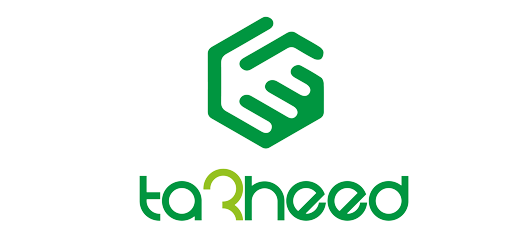The Educational Revolution: How AI is Reshaping the Future of the Classroom

Artificial Intelligence is no longer just a futuristic concept; it has become a major driving force in completely changing the landscape of the educational process.
Integrating AI technologies into the education sector represents a paradigm shift, moving learning from a standardized model for all students to a personalized experience custom-designed to meet the needs of each individual learner.
The Role of AI in Personalizing Education:
AI’s most significant impact lies in its superior ability to analyze students’ learning patterns, preferences, and pace of comprehension.
This capability allows for the creation of tailored learning paths, where each student receives support, content, and explanations that perfectly align with their academic level.
This addresses their weaknesses and reinforces their strengths at an early stage. Furthermore, this personalization provides global, round-the-clock access to high-quality education.
Enhancing Teacher Efficiency and Freeing Up Their Time:
For educators, AI is an invaluable smart assistant. It takes over routine and time-consuming administrative tasks, such as grading tests, evaluating assignments, and compiling data on student performance.
This liberation of teacher time allows them to focus more on the core of the educational process: direct interaction with students, providing personal guidance, and developing their critical and creative skills, thereby transitioning the teacher’s role from an information-dispenser to a mentor and guide.
Supporting Inclusive Learning and Removing Barriers:
AI also contributes to making education more inclusive.
It offers innovative solutions to support students with special needs through tools that facilitate reading, writing, and translation, and designs flexible learning patterns tailored to their specific challenges.
Additionally, it enables high-quality remote learning access for students in remote areas worldwide.
Challenges and the Future:
Despite the immense opportunities, the adoption of AI in education requires addressing ethical challenges related to data privacy and security.
The future necessitates investment in training both teachers and students to use these technologies effectively and responsibly, ensuring that technology remains a tool to empower humanity, not to replace it.







